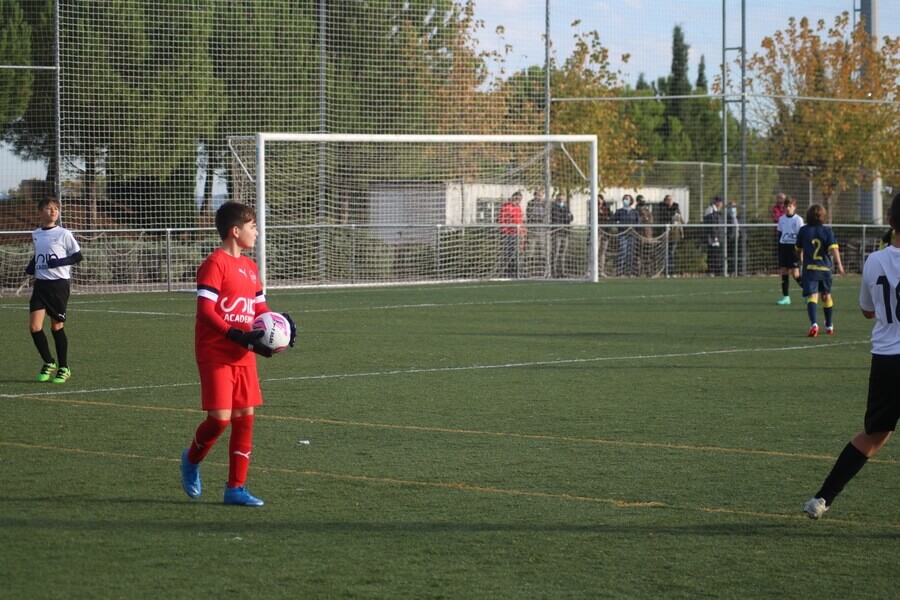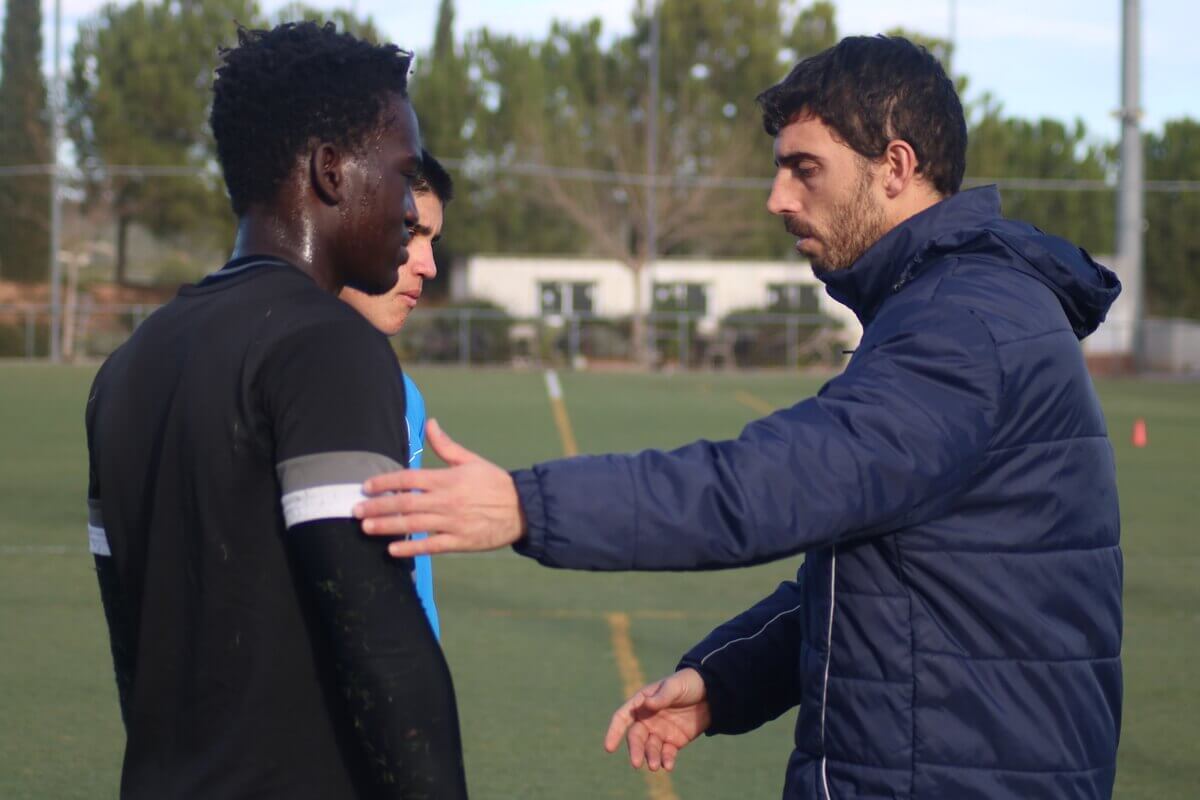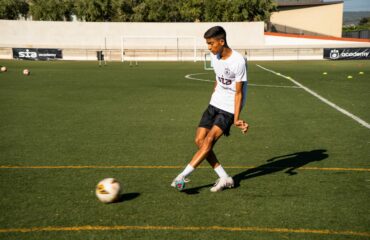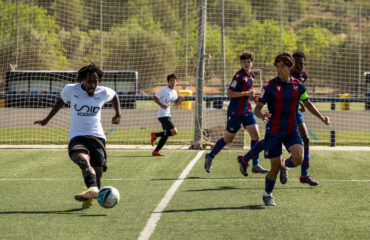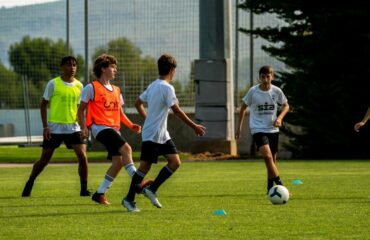Analysis of how psychology affects the football goalkeeper
Ruben Gavira, a former amateur goalkeeper and a well-known blogger in the world of football and goalkeeping, described the goalkeeping profession as follows: “The goalkeeper is the lonely and misunderstood star of football. Hero or villain, friend or foe, but always brilliant and decisive”. With this description we can get an idea of how necessary and decisive the goalkeeper is in football. The importance of such a defined position in the game also implies a series of characteristics that are implicit in his figure.
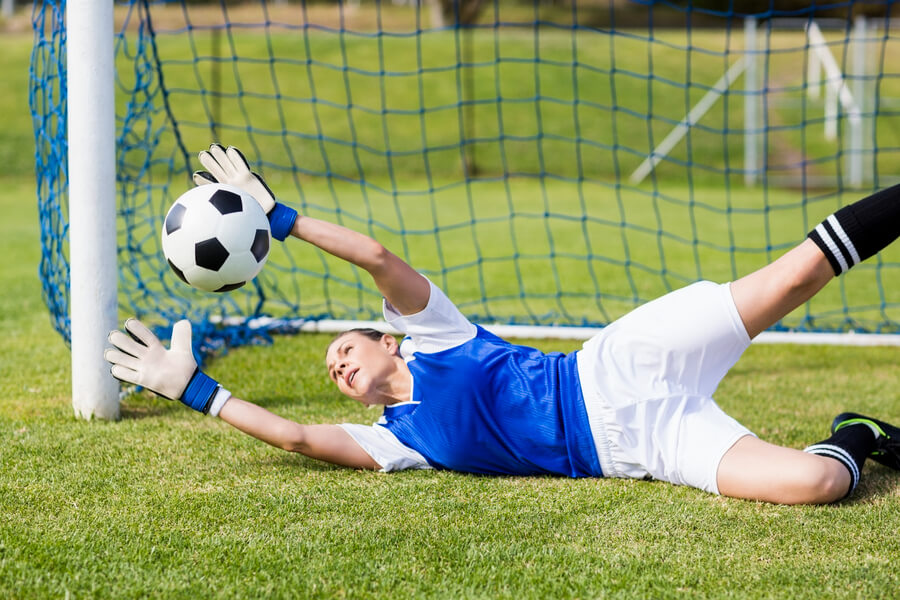
We can always describe the goalkeeper in any of his facets:
- On a technical level: Blocks, deflections, positioning, movements, jumps…
- Tactical level: Reading the game, anticipation, vision of the field, positioning…
- On a physical level: Jumping power, speed of movement, ability to rejoin the field…
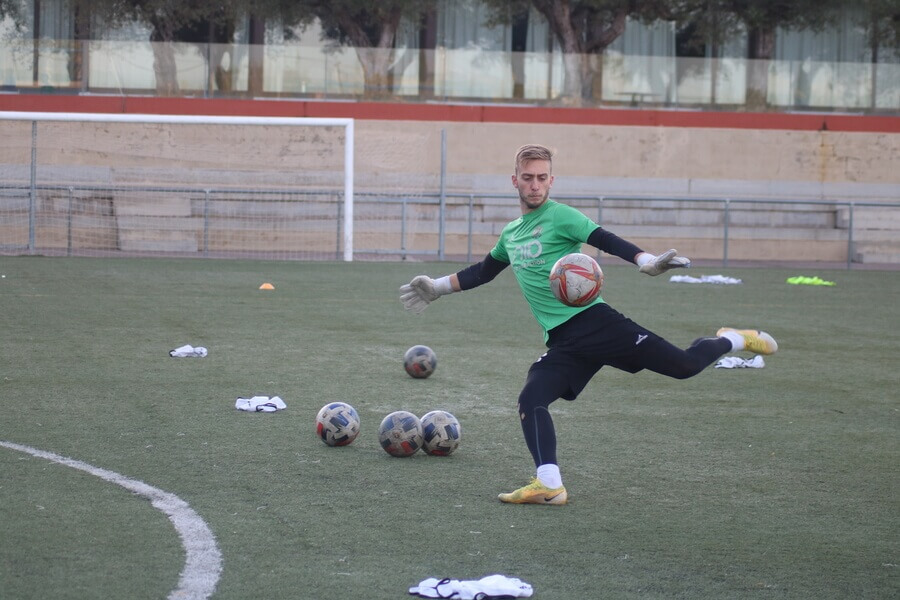
With all this, we always forget one of the most important facets of the goalkeeper, and one that is currently being developed in practically every social, work and personal sphere: psychology. As simple in the goalkeeper as if he fails he concedes a goal, it is a mental battle for 90 minutes in which the goalkeeper must assume that he cannot make mistakes, maintain a state of maximum concentration during the whole time, as 89 perfect minutes of competition can disappear in a fateful last minute.
With no margin for error, that’s how a goalkeeper lives.
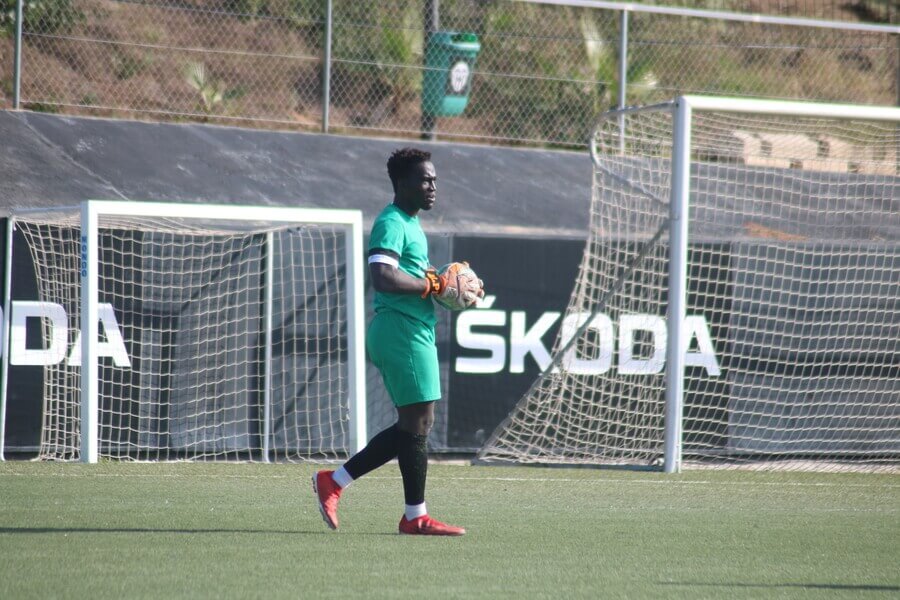
Psychology in football
What is psychology?
Psychology is the science that studies behaviour and mental processes, as well as the perceptions and behaviours of human beings. It is therefore a vital tool for analysing people’s actions, their causes and consequences, and using it to correct mistakes and enhance virtues.
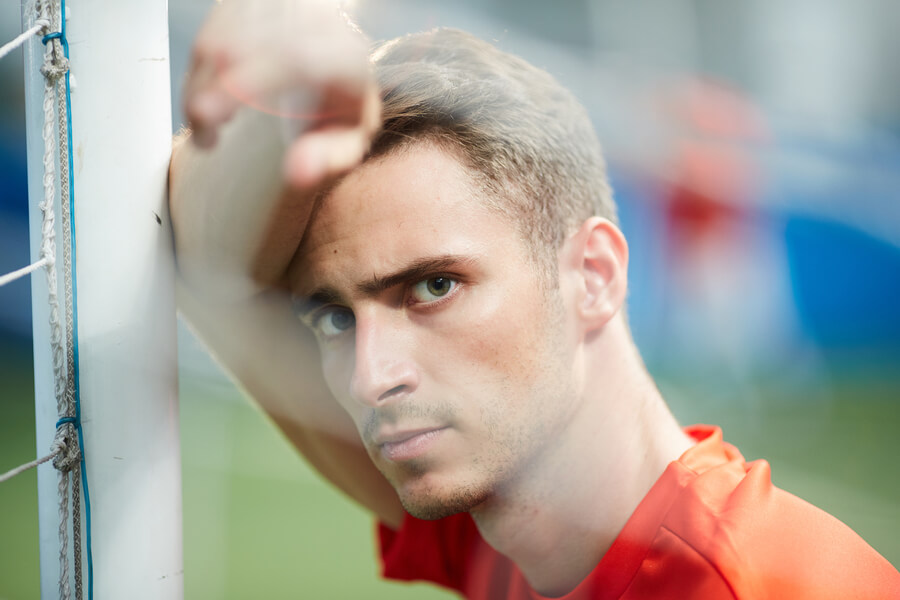
Psychology applied to the football goalkeeper
How do we apply psychology to the goalkeeper?
First of all, we have to start with the goalkeeper’s position in the team. Normally a squad is made up of 22 to 23 players, of which only 2 or 3 players (in many cases the third goalkeeper comes from the reserve team) are used for the goalkeeper. Also, only one of them plays in the vast majority of teams and gets all the minutes.
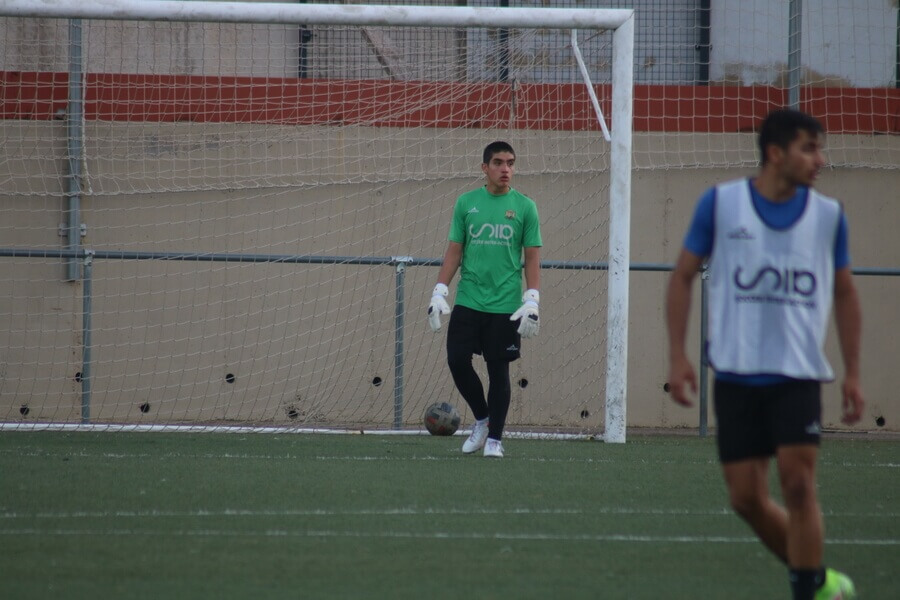
With all this, the goalkeeper is already in a different situation to any other player, what does this mean? That the goalkeeper requires differentiation in all aspects. The circumstance that a single goalkeeper accumulates all the minutes of competition and the substitute or the 2 substitutes do not compete for an entire season makes us rethink how to manage these situations on a mental level.
Preparing the goalkeeper psychologically for the season
How do we approach a season with our goalkeepers?
The first thing we must achieve in our goalkeepers is to accept that we have to train to improve, and that our main objective is that when the opportunity arrives for any of them, their level and ability are at their maximum. As sports psychologist Patricia Ramírez explains: “A goalkeeper must be focused on what he controls, what depends on him? It doesn’t depend on him to be chosen to be a starter, but to make an effort in training and do what he knows how to do. The goalkeeper’s attention cannot be focused on whether or not he is going to play, but on being available at the highest level”.
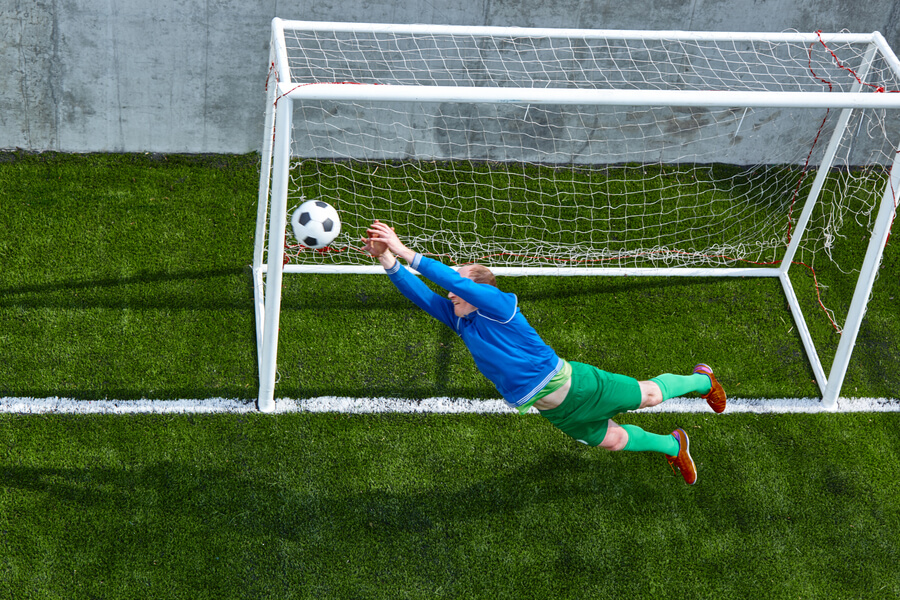
A goalkeeper is like a superhero, the greater the responsibility of a position, the greater the pressure from the environment. In the elite, there are two determining factors when talking about pressure, the first is the fans of a team. A group of people who are going to value you only on the basis of your mistakes and successes, they are not going to pay attention to your effort and work in every training session, in every video session or even in your daily sacrifices.
The second factor is the press, which has the ability to analyse and criticise the performances of the goalkeeper, often without valuing the daily work of any athlete. As far as criticism is concerned, the goalkeeper must pay attention to those that are valid for him, that come from his coaching staff and that, on the other hand, this feedback from the coaching staff is what will help him to continue improving, to continue playing or to get that starting place in the team.
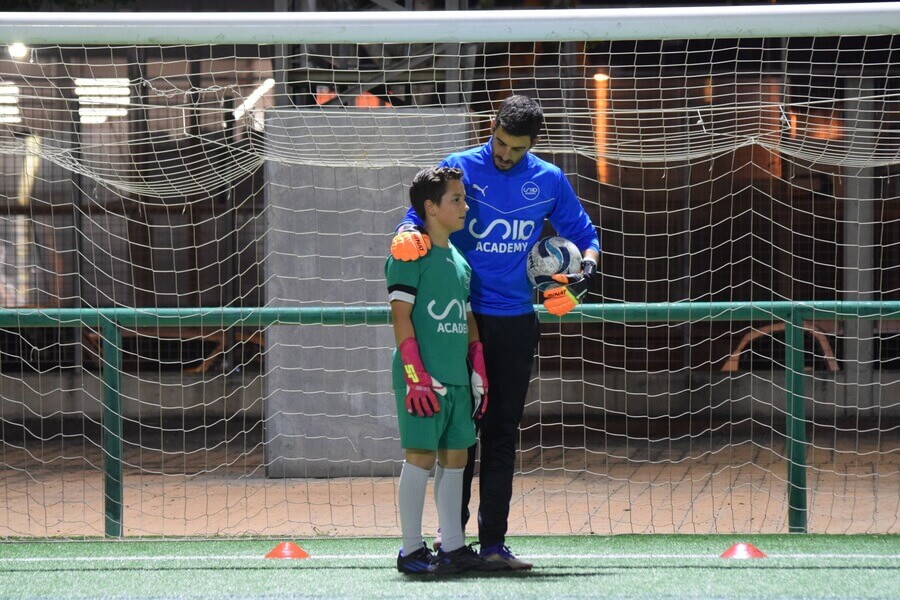
The role of the goalkeeping coach
Pressure on football goalkeepers
How do we control the pressure of our goalkeepers?
The pressure is manageable, but we must pay attention to the difference between each of our players and goalkeepers. We can have goalkeepers who are more affected by playing in a full or completely empty stadium, who are more affected by criticism from the press and the fans, or even goalkeepers who don’t handle competition with the substitute goalkeeper well, who are directly affected by the day-to-day coexistence that affects our performance.
The pressure is therefore flexible, it will depend on you, and how you allow that pressure to affect you. If the goalkeeper focuses on his work and progress, i.e. on everything that depends solely and exclusively on him, we will reduce the influence of external pressure. We can work on security and self-confidence either with exercises and dynamics away from the sport or with specific work with the goalkeeping coach himself.
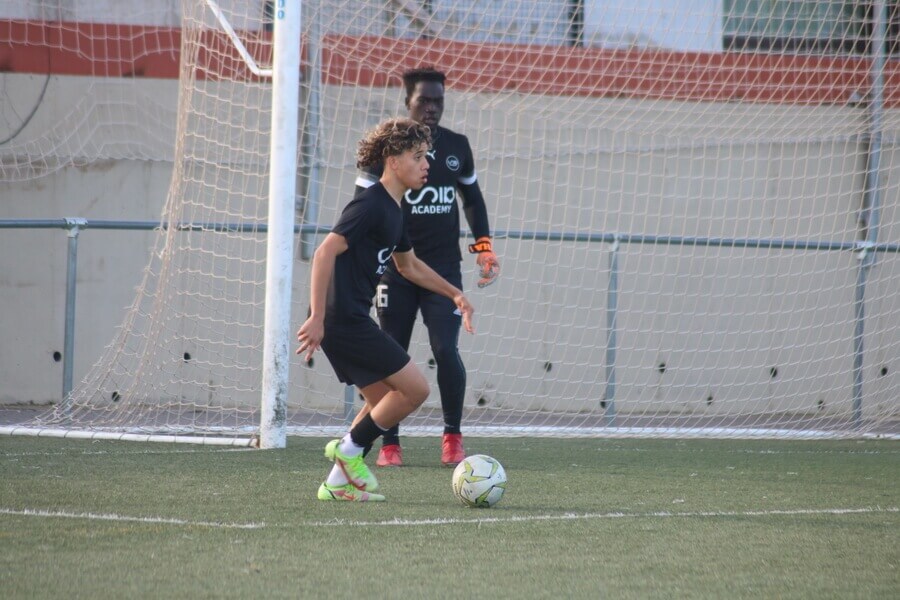
Influence of the coach on football goalkeepers
How does the goalkeeping coach influence the psychology of the goalkeeper??
How does the goalkeeping coach influence the psychology of the goalkeeper?
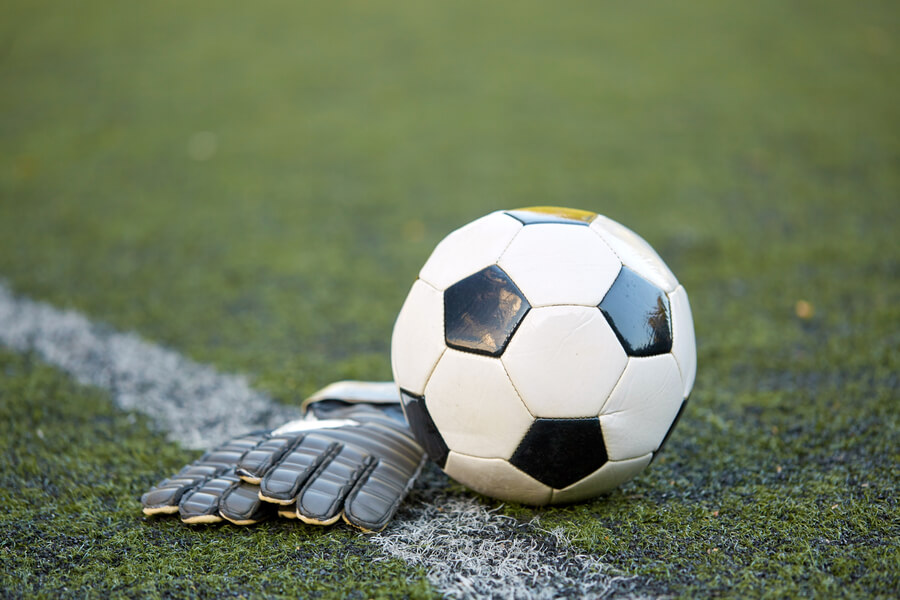
- A) Focusing success on progress and not on the result of a single match. The EPD has the great responsibility to make the goalkeepers see that their improvement is a continuous progress, which does not depend on performing punctual actions of merit or badly executed, it is a continuous evaluation of the progress and the items to improve.
- B) Maintaining adequate levels of motivation will always improve our players, often overexcitement causes the opposite effect when competing.
- C) Dynamics to improve our security and self-confidence. Certain exercises can improve our confidence when competing, pre-visualisation work for example of actions that we perform well in training can induce a state of security and high levels of confidence to face the competition.
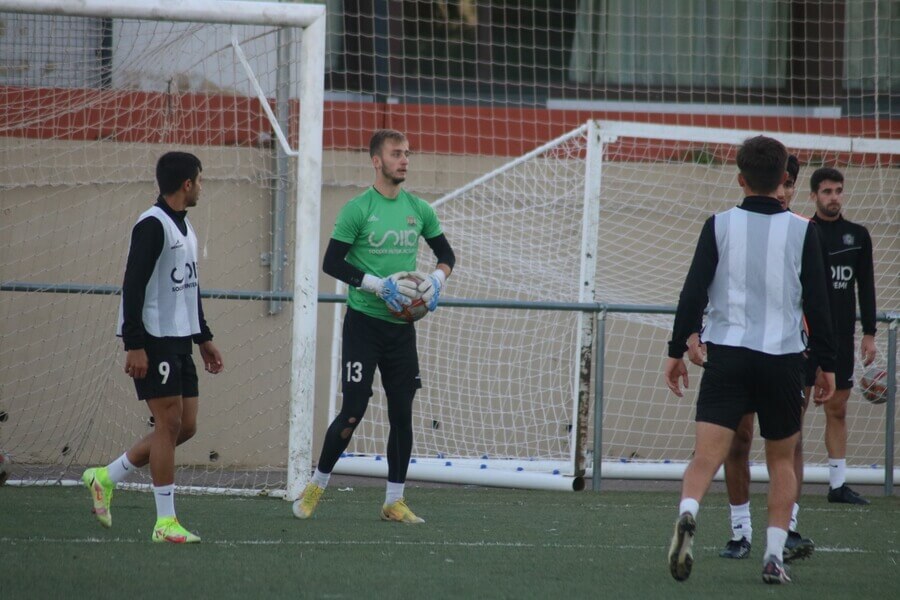
- D) Specific work to increase confidence in technical gestures and match situations that we have not mastered. This is very important work that should normally be invisible to the goalkeeper himself, creating situations and tasks in training with the aim of improving specific points can increase our confidence levels, for example, if our goalkeeper is having problems when blocking side crosses, we can create a task in which he performs this gesture very frequently in a simpler way without him perceiving that the difficulty is less. Performing and repeating this gesture frequently in training will improve those levels of self-confidence in an action that our goalkeeper needs.
- E) Video analysis work. Having the tools to record and analyse training sessions and matches, and then work with them with our goalkeepers, will enrich our work with them. We will always give better feedback with image and video and this will contribute to a better analysis of the process and not only of the result.
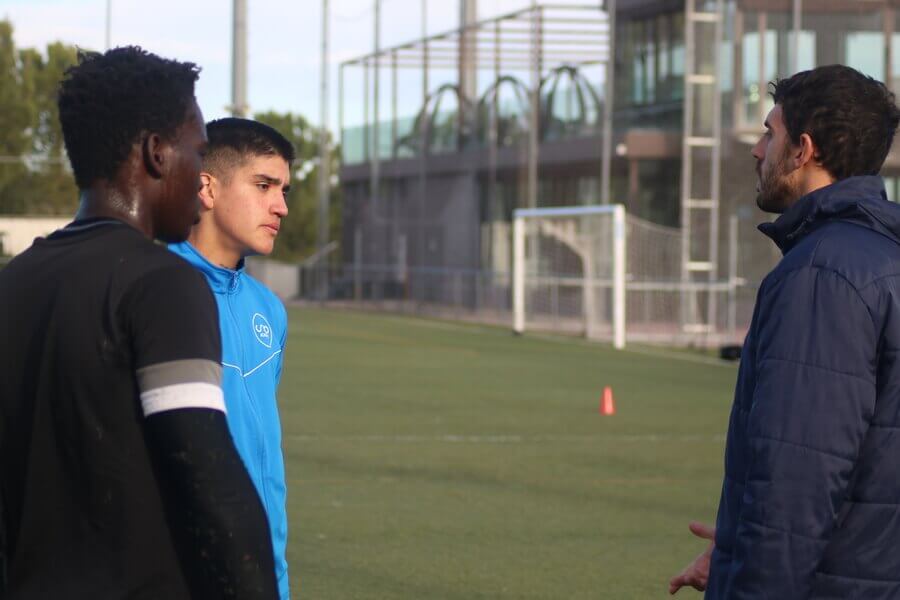
Finally, we have to remember that the goalkeeper is the only player in the game who goes against the very essence of football, his main function is to prevent goals, to stop, block, deflect or reject; to keep the ball as far away as possible from his own area and therefore from danger, and to do that for 90 minutes is exhausting both physically and psychologically.
